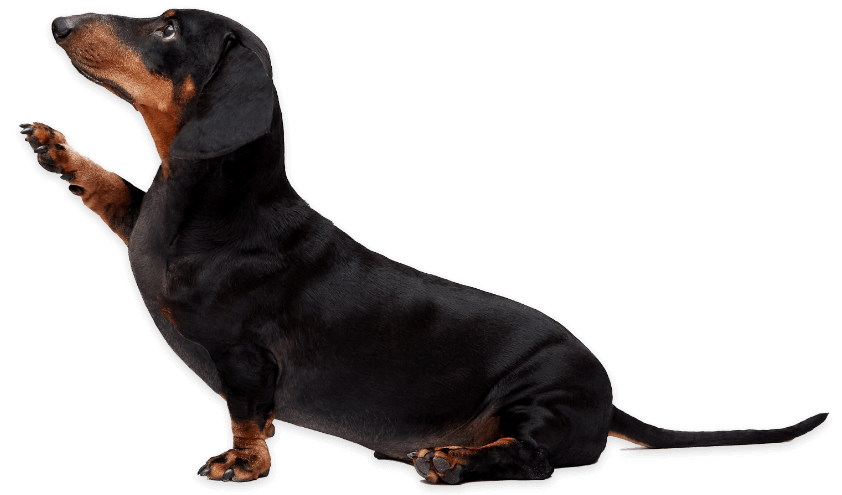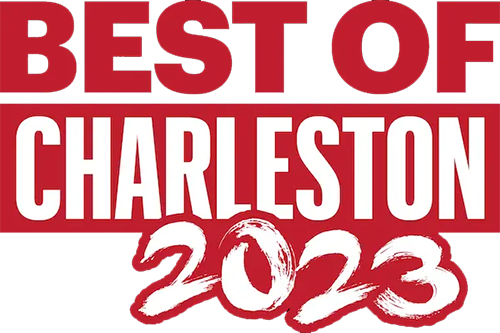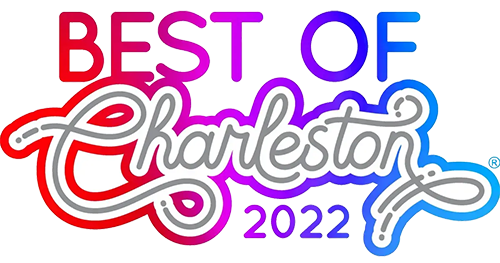The thrill of bringing a new puppy home can be incredibly exciting! This period is filled with moments of joy that are occasionally punctuated with bouts of frustration. To help you navigate this journey, we’ve put together a quick guide that deals with some of the most common challenges you’ll face when introducing a new puppy to your household. No need to pay a trainer yet!
1. Potty Training
Avoid leaving the food and water bowls out all day. Instead, place them down and pick them up at regular intervals. This helps you control when your puppy will need to go out for a bathroom break, typically within 10-15 minutes after eating or drinking. Remember, a puppy can hold its bladder for approximately one hour for every month of its age. So, a two-month-old puppy should be able to wait two hours. While some puppies may exceed this guideline, it’s a good starting point to manage your expectations.
2. Teething
When it comes to teething, stick to hard rubber toys and avoid any cloth material. If you introduce cloth as a toy, don’t be surprised if your puppy starts chewing on clothes, towels, and blankets. If your pup gets overly excited and starts nipping, remove your hands and walk away. This prevents them from associating high energy with biting. Alternatively, provide appropriate teething toys to help them through this natural process safely.
3. Crate Training
Choose a crate that appeals to your puppy’s instinctive desire for a safe, snug space. Avoid larger crates that they might ‘grow into’, as the extra room could lead to accidents. Make sure you’re not only crating your puppy when you’re leaving the house, as this could create a negative association. Instead, introduce them to the crate gradually while you’re at home and use it as a ‘babysitter’ when you cannot supervise them. This balanced approach will be sure to create a healthy relationship with the crate which will serve you and your puppy well throughout many seasons of life.
Remember, our formal training starts when your puppy reaches 5 1/2 to 6 months old. Any training before this age may not be as effective, as the puppy hasn’t matured enough. Once your pup reaches the appropriate age, we can schedule a free evaluation with our trainers.



